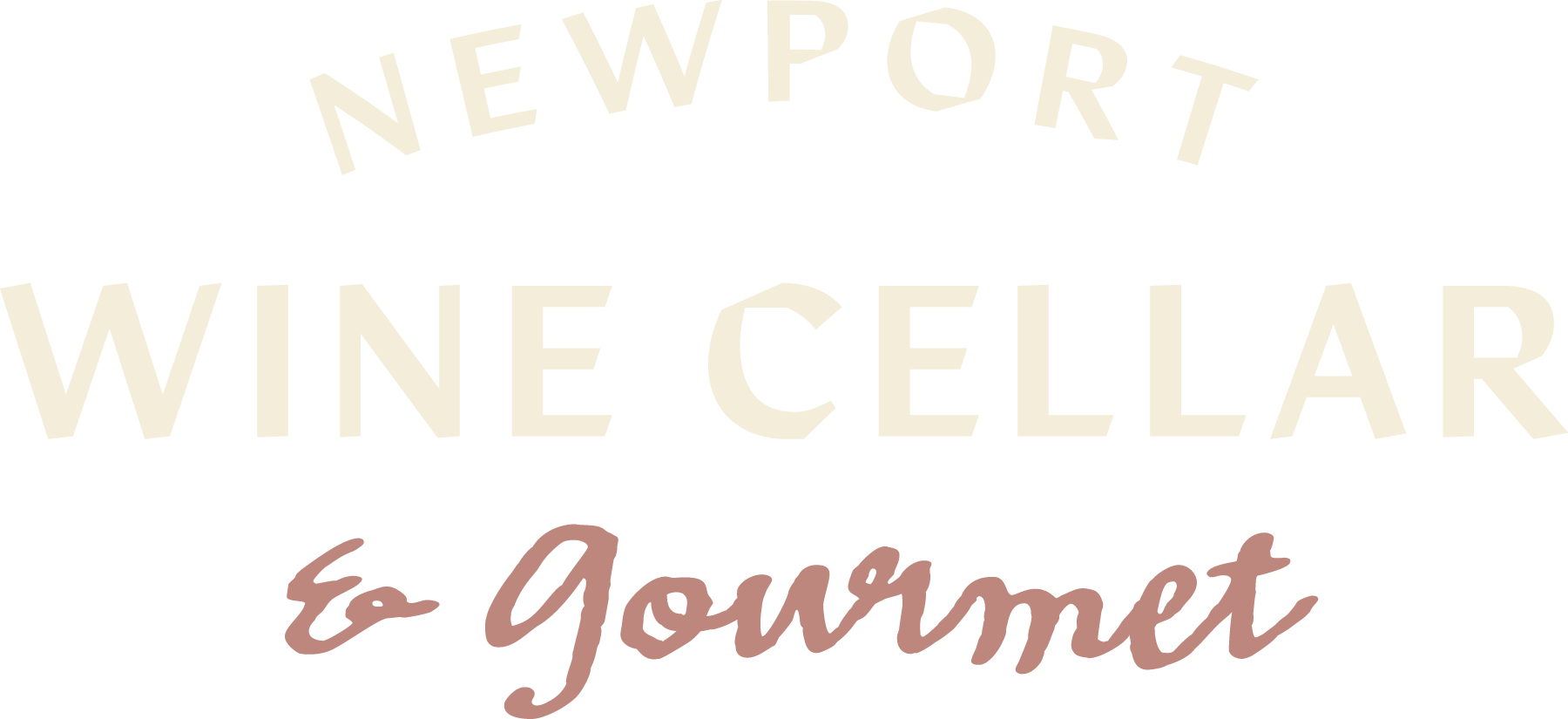All too often, customers and friends bemoan the fact that a croissant just isn't as good in the US as it is in Paris. I am guilty of it, too, this romanticizing of certain regional food items. Have you ever tried New England Clam Chowder when you are not sitting in a quaint seaside village in the Northeast? If so, you know, it simply does't taste as good. But, is that so? Or is it more experience driven? You know, salt air, a few missing "r's" from the locals, and an abundance of Nantucket red khaki's; these elements must make it taste better, right? I aimed at answering that question this week in Paris...is a flight required for a good Parisian croissant? I took my task seriously, not just trying several from boulangeries around the city, I did some research. Best way to learn anything about a city is to ask its residents, so I asked in my best French... where is the best croissant in Paris. Interestingly, without fail, everyone answered that the best croissant was available at the boulangerie in their own neighborhood. I appreciate their loyalty, but could this possible be true?
Well, I ate at one everyday, tried several throughout the city, and the very best croissant that I tried was from the boulangerie in my neighborhood. Seriously, I resisted this truth, but this morning, before departing for the airport, I tried it again, and it is the best croissant in Paris. Fresh baked, flaky, crisp outside layer of buttery pastry leads to a soft, lofty, but moist center pastry that gestures to the experience of a creamy custard. I don't break of small pieces and try to be dainty at all. Instead, I just take bite after bite without taking a breath, enjoying each flaky crumb, each decadent buttery bite, and I smile...even though I know it the last one for a while.
I adore the croissants that I sell and commend Pain D'Avignon for giving me a taste of France, but for the very best croissant, I have to go to Paris...to the Boulangerie at the corner of Parmentier and August Barbier across the street from Chateaubriand (another post about that amazing restaurant). It is worth the cost of the ticket, I assure you! My last word on this Requirement, I am quite happy about it. I prefer to have to go to the place to truly enjoy the experience of their regional delights...consider the alternative and surely, you will agree.
